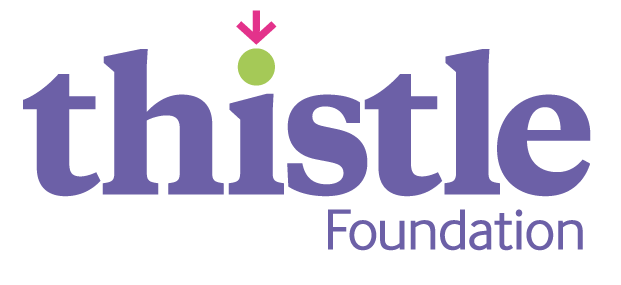Thistle offers support for people struggling after COVID-19 illness
Ross Grieve, Thistle Health and Wellbeing Manager, shares Thistle's offer of support for people struggling after COVID-19
Over the last few weeks, we’ve started seeing media reports of people struggling with persistent, debilitating fatigue after having COVID-19. Even people who experienced ‘mild’ symptoms of COVID, and those who expected to bounce back quickly due to their age and fitness, are finding themselves stuck with ongoing symptoms of fatigue, weakness, disturbed sleep and pain.
Some are being left behind in their own personal lockdown just as everyone else is benefitting from being out and about more.
Experiencing some form of fatigue after a virus is normal – most of us will recognise the experience of fatigue after illness. It can affect anyone recovering from a viral infection. Many people experiencing this won’t have heard of ‘post-viral fatigue’ before. It’s a relatively common complaint and fortunately, in most cases, this is short-lived, lasting a few weeks.
However, in some cases, a full return to health takes months rather than weeks. Health professionals may use the term Post-Viral Fatigue Syndrome (PVFS) to describe this. With PVFS, the fatigue doesn’t pass in a matter of days or weeks, but can last for many months and can feel very difficult to manage.
Post-viral fatigue can be debilitating, preventing people from being able to manage basic daily tasks, working, spending time with friends or looking after family. And when it persists for weeks or even months, it can be isolating and distressing.
However, this isn’t something people have to experience on their own and support is available.
With the right support and advice and by making some short-term adjustments, most people are able to get back to normal. With fatigue it’s really important not to attempt to ‘power through’ as this can make symptoms worse and increase feelings of frustration and loss of control. However, “complete rest and doing nothing” is also not particularly helpful. Sticking to low-level activities, resting both your mind and body and pacing your activity is key to allowing your body to recover.
This strategy can be really challenging, particularly if we see ourselves as someone who ‘likes to get things done’. This is where coaching can be really helpful – getting a bit of support to make the decisions that are right for you and help to manage the frustration that often accompanies a slow approach to recovery.
At Thistle, we’ve supported people with post-viral fatigue and ME/Chronic Fatigue Syndrome (CFS) for over 15 years. Our Health and Wellbeing Practitioners provide coaching and support over the phone and online to help people develop strategies to cope with their situation and find their own path to recovery. No one has to struggle with this alone.
Adults in Scotland who is experiencing symptoms of longer-term post-viral fatigue, whether Long Covid or after another viral infection, can self-refer to Thistle through our website. Or if you prefer, you can ask a GP or other healthcare professional to refer you.
One of our practitioners will have a chat with you over the phone and discuss the type of support that will suit you best.
